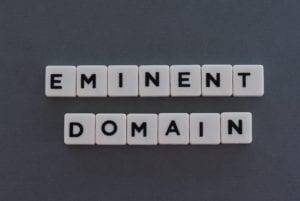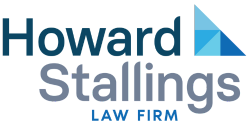What Property Owners Should Know About Eminent Domain Laws in North Carolina
Eminent domain is a term used to describe the government’s right to take private property that it deems necessary for public use in exchange for compensation. Unfortunately, what qualifies as public use has been interpreted broadly by the Supreme Court, which means that some residents may find their property condemned for dubious reasons. Even when the reasons seem justified as a public purpose, many property owners fee that the amount offered for their land is unfair. For these reasons, property owners whose lands are being seized by a federal, state, or local government agency are usually encouraged to retain an experienced North Carolina eminent domain lawyer who can help protect their legal rights and interests.
the government’s right to take private property that it deems necessary for public use in exchange for compensation. Unfortunately, what qualifies as public use has been interpreted broadly by the Supreme Court, which means that some residents may find their property condemned for dubious reasons. Even when the reasons seem justified as a public purpose, many property owners fee that the amount offered for their land is unfair. For these reasons, property owners whose lands are being seized by a federal, state, or local government agency are usually encouraged to retain an experienced North Carolina eminent domain lawyer who can help protect their legal rights and interests.
What Qualifies as a Public Use?
In North Carolina, government agencies are permitted to acquire property through the use of eminent domain, but only if the acquisition is for public use or benefit. The state Supreme Court uses the following two tests to determine whether this element has been fulfilled:
- The public use test, which asks whether the public has a right to a definite use of the property in question; and
- The public benefit test, which hinges on whether the public would accrue a benefit if the property were seized.
Only when both tests have been satisfied will a court hold that the government’s seizure of private property is lawful. Generally, what qualifies as a public use or benefit is interpreted broadly to include not just property that will literally be used by the public, but land that would serve a public purpose. Using this interpretation in 2005, the U.S. Supreme Court ruled that even taking land and selling it to private developers for the purpose of job creation and increasing tax revenues satisfied this burden.
What is Fair Compensation?
Even when the government satisfies the public use and benefits tests, the property owner in question is still entitled to receive just compensation in exchange. Just compensation is typically defined as the fair market value of a property when taking into consideration its highest and best use. When determining fair market value, a government agency will assign an appraiser to inspect the property and collect information about:
- The highest and best use for the property, meaning the use that would bring the highest price;
- The property’s history, including whether prior use will affect its value;
- The area where the property is located;
- Whether there are any recent sales of nearby property;
- The cost of replacing any improvements already made to the property; and
- Whether the property generates income.
Based on this information, the appraiser will draft a written report, after which, the government entity attempting to buy the property will make an offer. Property owners should not be surprised if an initial offer seems low because it usually is, as buyers use their own appraisers and experts. For this reason, property owners are often encouraged to bring in their own independent experts to provide an additional assessment of their property. In most cases, just compensation issues can be worked out through negotiation without the need for litigation. If, however, this is not possible and a property owner refuses to accept an offer, the government agency has the option of filing a condemnation lawsuit.
Condemnation Proceedings
Condemnation lawsuits are filed by government agencies after a property owner has refused to sell and enables them to seize the property outright. When claimants file this type of suit, they must deposit an amount that is equal to their valuation of what the property is worth with the court. At this point, if the complainant is a state agency, both the right and title to the property will be transferred to the state. This is known as a quick-take proceeding and is only available to state agencies and in some cases, local public entities. The property owner can then apply to the court for the deposit, even if he or she later plans on challenging the valuation amount.
Schedule an Initial Case Review Today
The experienced eminent domain lawyers at Howard, Stallings, From, Atkins, Angell & Davis, P.A. have been helping property owners defend their rights throughout the state of North Carolina for over 30 years. To speak with a member of our legal team about your own eminent domain questions or concerns, please call 919-821-7700 today.





